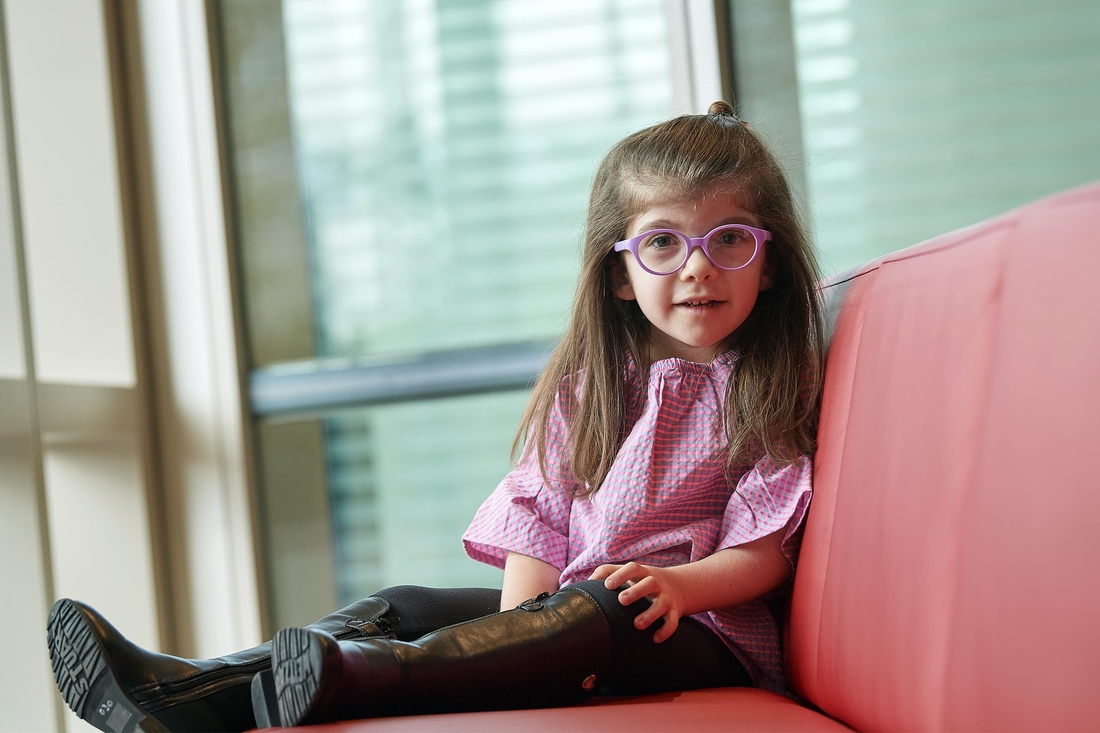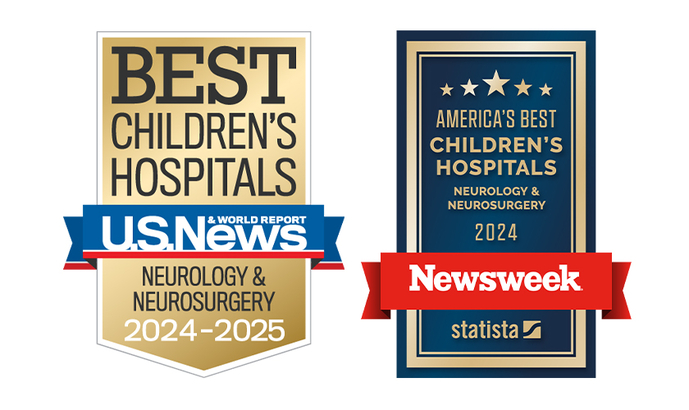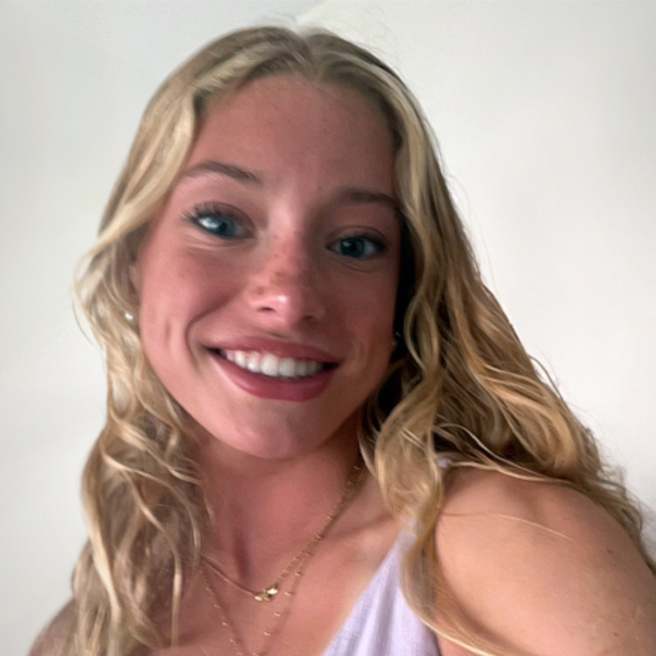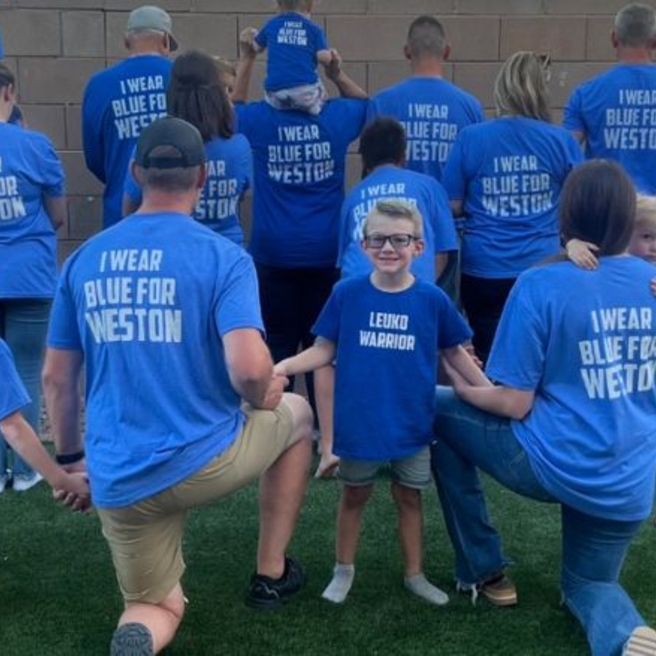Neuroscience Center


CHOP’s Neuroscience Center treats children, teens and young adults with conditions that affect their nervous system. We are recognized worldwide for our unparalleled diagnostic capabilities, advanced treatment options, cutting-edge surgical treatment, and family-centered care. We are consistently ranked as a top pediatric neurology and neurosurgery program in the nation by U.S. News & World Report’s Honor Roll of Best Children’s Hospitals. We are also ranked among the best pediatric neurology and neurosurgery programs in the nation by Newsweek.
The specialists in our Center are also actively involved in advancing care through their research into the causes of childhood neurological disorders. Their breakthrough discoveries are leading to the development of new diagnostic tools and treatment innovations.
We know how difficult it is to learn your child has a neurologic disorder. It's so important to have a team of knowledgeable, caring specialists with the expertise to provide a precise diagnosis and individualized care plan for your child. Our team is here for you.
How we serve you
Your child's team at the Neuroscience Center includes specialists who are the leading experts in their field. They will partner with you to diagnose and treat your child’s condition and provide support throughout your care journey.
-
Advanced Tone Management Multidisciplinary Clinic -
Brachial Plexus Injury Program -
Brain Tumor Program -
Cardiac Kids Developmental Follow-up Program -
CDKL5 Clinic -
Clinic for BPAN and WDR45-related Disorders -
Department of Neurodiagnostics -
Dietary Treatment Program -
Division of Neurology -
Neurosurgery -
EEG Testing -
Endonasal Endoscopic Surgery -
Epilepsy Neurogenetics Initiative (ENGIN) -
Epilepsy Program -
Fetal Neuroprotection and Neuroplasticity Program -
Friedreich's Ataxia Program -
HHT Program -
Home Care Program -
Leukodystrophy Center -
Movement Disorders Program -
MS and Neuroinflammatory Disorders Clinic -
Neonatal Neurocritical Care Program -
Neuromuscular Program -
Pediatric Headache Program -
Pediatric Stroke Program -
Rett Syndrome Clinic -
Stereo-EEG
Conditions we treat
-
4H leukodystrophy -
Acute flaccid myelitis (AFM) -
Acute disseminated encephalomyelitis (ADEM) -
Aicardi-Goutieres syndrome (AGS) -
Arterial ischemic stroke (AIS) -
Alexander disease -
Brachial plexus and peripheral nerve injuries -
Brain abscess -
Brain tumors -
CDKL5 deficiency disorder -
Cerebral cavernous malformation -
Cerebral palsy -
Cerebral sinovenous thrombosis (CSVT) -
Chiari malformation -
Chronic inflammatory demyelinating polyneuropathy -
Concussion -
Dystonia -
Encephalitis -
Encephalocele -
Epilepsy -
Fainting (syncope) -
FOXG1 syndrome -
GABRG2-related disorders -
Guillain-Barre syndrome -
Hydrocephalus -
Hypomyelination with atrophy of the basal ganglia and cerebellum (H-ABC) -
Headaches -
Hemorrhagic stroke -
Hypothalamic hamartoma -
Infantile spasms syndrome (West syndrome) -
KCNB1-related disorders -
Lennox-Gastaut syndrome -
Leukodystrophy -
MECP2 duplication syndrome -
Microcephaly -
Moyamoya disease -
Multiple sclerosis -
Muscular dystrophy -
Myasthenia gravis -
Myelin oligodendrocyte glycoprotein antibody disease (MOGAD) -
Neurocutaneous syndromes -
Optic neuritis -
Rett syndrome -
Secondary or tertiary adrenal insufficiency (central adrenal insufficiency) -
Seizures -
Spasticity -
Spina Bifida -
Pediatric stroke -
TBCK syndrome -
Tethered spinal cord syndrome -
Tourette syndrome -
Trinucleotide repeats: fragile x syndrome -
WDR45-related disorders and BPAN

Why choose CHOP's Neuroscience Center
For patients at the Neuroscience Center, care is built around their needs, with input from their families. World-class experts work to minimize symptoms and maximize each child’s quality of life using cutting-edge treatments.

Meet your team
At the Neuroscience Center, you have access to more than 250 highly specialized clinicians with advanced training and experience in the diagnosis, management and surgical treatment of all types of neurological disorders.

Our locations
Access CHOP Neuroscience care in one of our many regional locations.

Our research
Researchers in Neurology and Neurosurgery come together in the CHOP Neuroscience Center to lead new and important studies. We are working to create better treatments for kids with brain and nerve problems. This research helps doctors make precise treatment plans for each child.

Our resources
We know caring for a child with a neurological condition can be stressful and overwhelming. To help you find answers to your questions, we've created educational resources.
Your donation changes lives
A gift of any size helps us make lifesaving breakthroughs for children everywhere.


